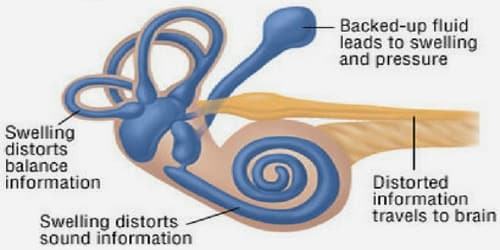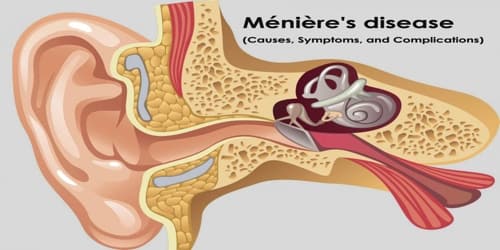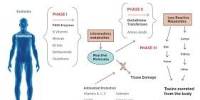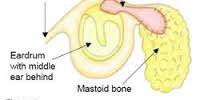Ménière’s disease (Causes, Symptoms, and Complications)
Definition: Ménière’s disease (MD) is a disorder of the inner ear that causes severe dizziness (vertigo), ringing in the ears (tinnitus), hearing loss, and a feeling of fullness or congestion in the ear. Typically only one ear is affected, at least initially; however, over time both ears may become involved. There is no cure, but there are some treatments that can ease the symptoms.
Meniere’s disease can occur at any age, but it usually starts between the ages of 20 and 50. It’s considered a chronic condition, but various treatments can help relieve symptoms and minimize the long-term impact on people’s life.
The cause of Ménière’s disease is unclear but likely involves both genetic and environmental factors. Symptoms are believed to occur as the result of an increased fluid buildup in the labyrinth of the inner ear. Diagnosis is based on the symptoms and frequently a hearing test. Other conditions that may produce similar symptoms include a vestibular migraine and transient ischemic attack.
- Here are some key points about Ménière’s disease:
- Ménière’s disease involves dysfunction in the inner ear.
- Attacks can last an average of 2 to 4 hours.
- Symptoms include vertigo, dizziness, nausea, and a progressive loss of hearing.
- The exact causes of Ménière’s disease are not known.
Meniere’s disease is chronic, but treatments and lifestyle changes can help ease symptoms. Many people diagnosed with Meniere’s disease will go into remission within a few years after their diagnosis.

Causes, Signs, and Symptoms of Meniere’s disease: The cause of Ménière’s disease is unclear but likely involves both genetic and environmental factors. Some researchers think that Ménière’s disease is the result of constrictions in blood vessels similar to those that cause migraine headaches. Others think Ménière’s disease could be a consequence of viral infections, allergies, or autoimmune reactions. Because Ménière’s disease appears to run in families, it could also be the result of genetic variations that cause abnormalities in the volume or regulation of endolymph fluid.
Factors that affect the fluid, which might contribute to Meniere’s disease, include:
- Improper fluid drainage, perhaps because of a blockage or anatomic abnormality
- Abnormal immune response
- Allergies
- Viral infection
- Genetic predisposition
- Head trauma
- Migraines
Because no single cause has been identified, it’s likely that Meniere’s disease results from a combination of factors.

Ménière’s is characterized by recurrent episodes of vertigo, hearing loss and tinnitus; episodes (or attacks) may be accompanied by a headache and a feeling of fullness in the ears. These symptoms include:
- vertigo, with attacks lasting anywhere from a few minutes to 24 hours
- loss of hearing in the affected ear
- tinnitus, or the sensation of ringing, in the affected ear
- aural fullness, or the feeling that the ear is full or plugged
- loss of balance
- headaches
- nausea, vomiting, and sweating caused by severe vertigo
Someone with Meniere’s disease will experience at least two to three of the following symptoms at one time:
- vertigo
- hearing loss
- tinnitus
- aural fullness
In Ménière’s disease, the endolymph buildup in the labyrinth interferes with the normal balance and hearing signals between the inner ear and the brain. This abnormality causes vertigo and other symptoms of Ménière’s disease.

Complications of Ménière’s disease: The biggest problem of Ménière’s disease (MD) is not knowing when episodes of vertigo will occur. The individual may have to lie down and miss out on social, leisure, work, or family activities. People with Ménière’s also have a higher risk of falling, having accidents while driving a vehicle or operating heavy machinery, as well as developing depression or suffering from high levels of anxiety.
The condition is named after the French physician Prosper Ménière, who in an article from 1861 described the main symptoms and was the first to suggest a single disorder for all of the symptoms, in the combined organ of balance and hearing in the inner ear.
The odds of Ménière’s disease (MD) are greater for people of white ethnicity, with severe obesity, and women. Several conditions are often comorbid with MD, including arthritis, psoriasis, gastroesophageal reflux disease, irritable bowel syndrome, and migraine.
Information Source:
















